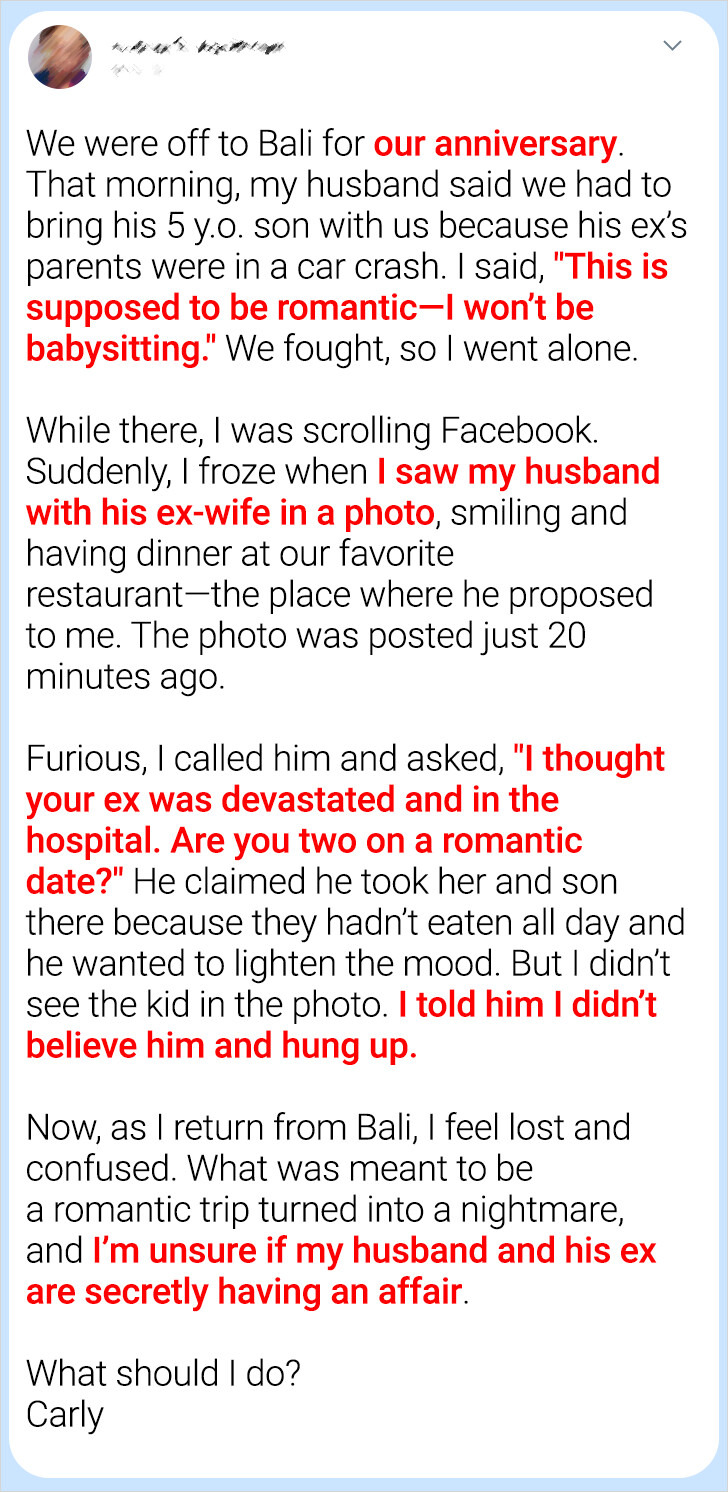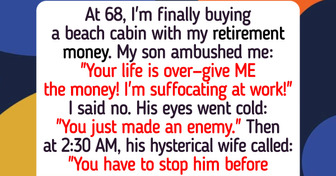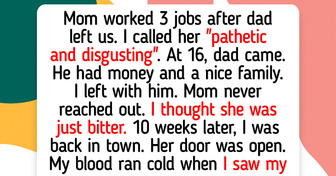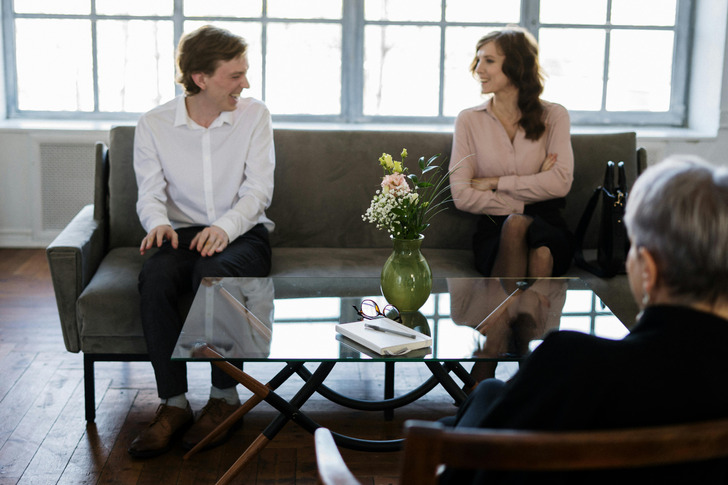You should take it in stride and treat the child as though it was expected on the trip.
I Will Not Look After My Stepchild During a Romantic Getaway

Carly had been eagerly anticipating a romantic anniversary getaway to Bali, but things took an unexpected turn. On the day of the flight, she discovered her husband’s young kid would be joining them. Feeling blindsided, Carly declined, as it wasn’t the intimate trip she’d envisioned, and the situation quickly spiraled. She reached out to share her story and asked for advice on handling this difficult moment.
This is Carly’s letter:

Thanks for sharing your story, Carly! Here are four tips that can help you navigate through this situation.
Gather evidence.
Before jumping to conclusions about your husband’s intentions, consider gathering more information. Check for any additional social media posts or messages that could clarify the timeline and context of the dinner. Look for signs that might confirm or dispel your suspicions, such as whether the kid was indeed with them.
This will give you a clearer picture before you confront him again, ensuring your next conversation is grounded in facts rather than assumptions.
Communicate your feelings.
Once you return from Bali, sit down with your husband to express how his actions affected you. Use “I” statements to focus on your feelings, such as, “I felt betrayed and confused when I saw you with your ex at our special restaurant.”
This approach fosters a constructive dialogue rather than an accusatory one, helping him understand the emotional impact of his choices without becoming defensive.
Establish boundaries.
It’s crucial to discuss and establish boundaries regarding your husband’s interactions with his ex-wife. Make it clear what you are comfortable with, especially when it comes to spending time together in social settings. Propose setting guidelines for how they communicate or spend time together, particularly regarding situations that might evoke jealousy or insecurity for you.
This conversation can help strengthen your relationship and alleviate future misunderstandings.
Seek couples counseling.
Given the complexity of your emotions and the situation, consider suggesting couples counseling. A neutral third party can help facilitate discussions about trust, boundaries, and your relationship dynamics.
This support can provide both of you with the tools to navigate your feelings and improve communication, making it easier to address underlying issues without escalating tensions.
Joy, a devoted mom, felt heartbroken and lost when her 14-year-old daughter suddenly started spending more time at her dad and stepmom’s house, becoming distant and less affectionate. The reason behind this change was both shocking and completely unexpected. Read the full story here.
Comments
Related Reads
15+ Camping Trips That Started Peacefully, Then Went Wildly Wrong

15 Moments That Show Kindness Is Quiet but Changes Everything

18 Pets Who Proved They Understand the World Much Better Than We Think

I Won’t Sacrifice My Last Good Years Because My Son Refuses to Grow Up

15 “How We Met” Stories Destined to Become Family Legends

10 Jaw-Dropping Stories Where One Moment Changed Everything

15 Success Moments From Strangers That Deserve All the Golden Buzzers in the World

12 Stories That Prove Real Kindness Is About Actions, Not Words

15 Moments That Prove Kindness Holds Strong When Life Hits Hard

I Refuse to Help My Pregnant Sister, and I Don’t Feel Guilty

I Refuse to Let My Sister Get Away Without Repaying My Money, I’m Not Charity

11 Stories That Prove Kindness Is the Courage We’re Searching For




